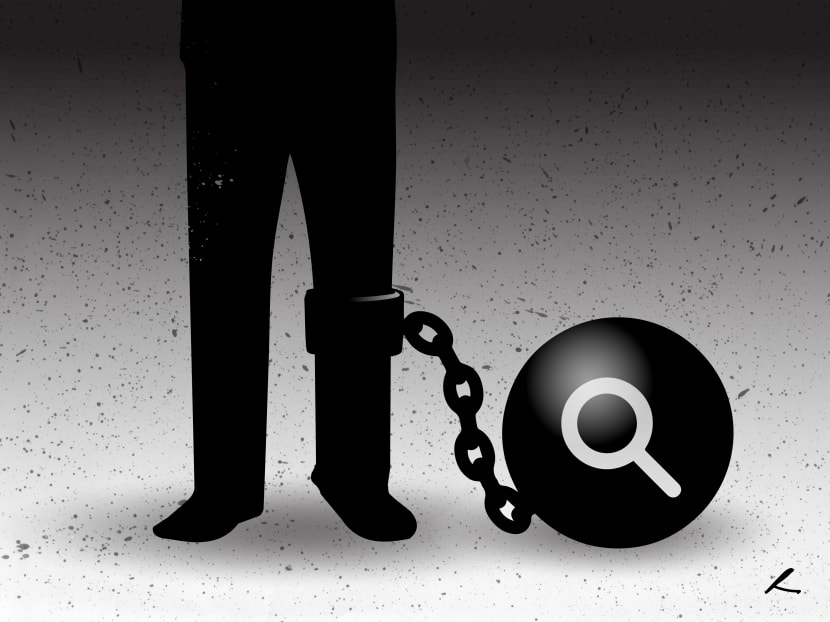Navigating the emotional landscape of supporting an ex-inmate can be a complex journey, fraught with challenges and opportunities for growth. After spending time behind bars, the return to society is often overwhelming, rife with feelings of isolation and uncertainty.
Many ex-inmates face not only the stigma of their past but also the daunting task of reintegrating into a world that has moved on without them. This is where the power of real emotional support comes into play—a lifeline that can foster healing and resilience.
But how do you offer that support effectively? It requires more than just good intentions; it demands empathy, patience, and a willingness to listen. In this article, we will explore crucial strategies to help you provide meaningful emotional support to someone navigating the intricacies of life after incarceration.
Together, we’ll uncover the tools and insights necessary to make a tangible difference in their journey toward redemption and a brighter future.
Understanding the Challenges of Reentry

Understanding the challenges of reentry is a multifaceted process, fraught with emotional, social, and logistical hurdles that can overwhelm even the strongest individuals. For many ex-inmates, the transition from incarceration to freedom is not merely a change of scenery; it’s a complete upheaval of their lives.
The weight of stigma and judgment lingers, making it difficult to find stable employment and secure housing. Relationships that once seemed solid may feel strained or broken, and navigating a world that has moved on can be disorienting.
Compounding these issues are the psychological scars left by confinement, which can manifest as anxiety, depression, or even post-traumatic stress. As they grapple with these challenges, ex-inmates need a network of support that recognizes their struggles and fosters understanding—a compassionate presence that encourages resilience rather than dwelling on past mistakes.
The Impact of Incarceration on Mental Health

The Impact of Incarceration on Mental Health Incarceration can cast a long shadow over an individuals mental well-being, often resulting in deep psychological scars that linger long after release. Many ex-inmates grapple with anxiety, depression, and post-traumatic stress disorder as they attempt to navigate life outside of prison walls—environments that are typically harsh and unforgiving.
The loss of freedom, the stigma associated with being an ex-offender, and the challenges of reintegration into society can exacerbate feelings of isolation and hopelessness. Moreover, the lack of access to mental health resources during incarceration compounds these issues, leaving many without the tools to cope.
As friends or family members, it’s crucial to recognize that offering emotional support means not just listening but understanding the profound impacts that such experiences can have. A simple Im here for you can mean the world, but embracing a non-judgmental space where they can express their struggles and fears empowers them to heal.
Common Struggles Faced by Ex-Inmates

Ex-inmates frequently navigate a labyrinth of challenges upon reentering society, leading to feelings of isolation and hopelessness. The stigma attached to their past can create barriers that are difficult to overcome—finding stable employment often feels like an insurmountable obstacle, as many employers hesitate to hire individuals with criminal records.
Additionally, reconnecting with family and friends can be fraught with tension, as loved ones grapple with their own feelings and fears. Moreover, adjusting to the rapid pace of a world that has moved on without them can feel disorienting, and lingering mental health issues, such as anxiety or PTSD, may complicate their transition.
All these elements combine into a perfect storm of emotional turmoil, highlighting the urgent need for genuine support and understanding from those around them.
Conclusion
In conclusion, offering genuine emotional support to an ex-inmate is not just an act of kindness, but a vital step towards fostering their reintegration into society. This journey can be particularly challenging for individuals, especially for a black man who may face additional societal barriers and stigmas. By approaching the situation with empathy, actively listening, and providing practical resources, friends and family can play a crucial role in helping ex-inmates rebuild their lives.
Ultimately, our collective efforts can contribute to breaking down the cycles of incarceration, promoting healing, and empowering those who have paid their dues to society, ensuring they feel valued and supported as they navigate their new beginnings.


